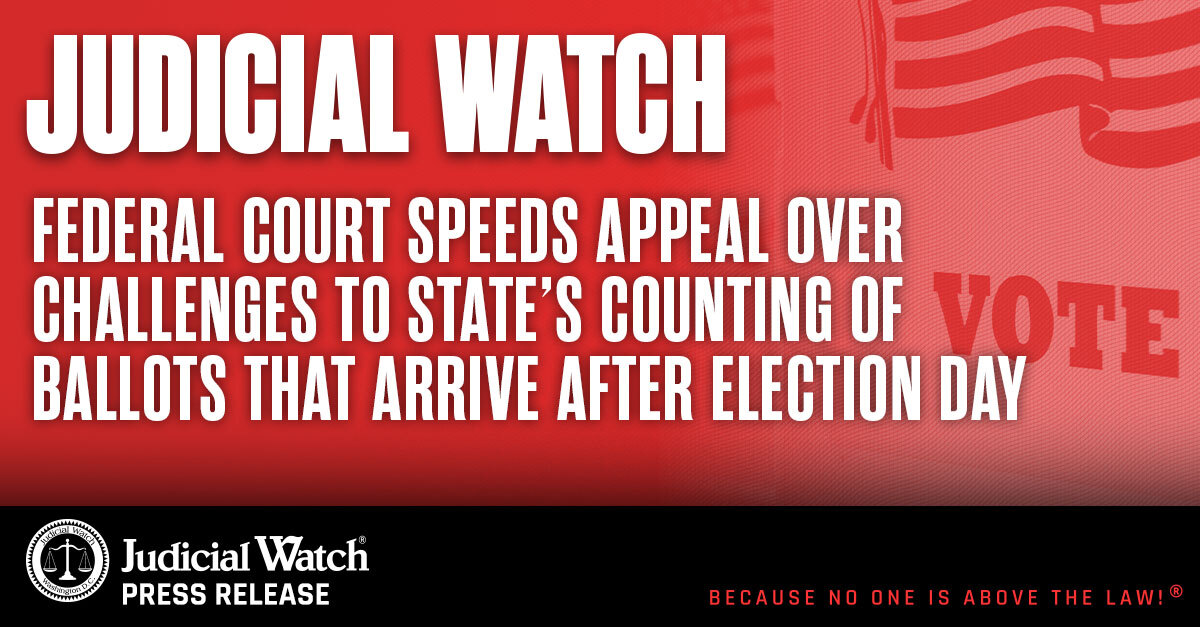

Consumer Protection Financial Bureau Director Richard Cordray Doubted Constitutionality of His Own Appointment, Documents Uncovered by Judicial Watch Show
“There is a chance…that the appointment would be invalidated by a court.”
Cordray Told Staff His Short Stint “should give to each one of us…a fierce urgency to accomplish the work we are doing together.”
(Washington, DC) –Judicial Watch, the organization that investigates and fights government corruption, announced today that it has obtained documents from the Consumer Financial Protection Bureau (CFPB) that indicate the agency’s director, Richard Cordray, doubted the constitutionality of his own appointment. On January 4, 2012, President Obama announced that he was using a “recess appointment” to install Corday as head of CFPB even though the U.S. Senate was in session and, therefore, retained its constitutionally mandated “advise and consent” role for all presidential appointments. Cordray was then sworn in on January 24, 2012.
Judicial Watch obtained 222 pages of records pursuant to the Freedom of Information Act (FOIA). Some of these documents reveal that Cordray believed that his appointment could be invalidated by a court:
- In his February 6, 2012, “Weekly Message,” to the CFPB staff, Richard Cordray acknowledged that his appointment as the agency’s director without Senate approval was vulnerable to legal challenge: “There is a chance (a minor chance in my view, though everyone is entitled to his or her own opinion) that the appointment would be invalidated by a court.”
- In the same February 6, 2012, message Cordray also stated, “the fact that this appointment is for two years (and in some conceivable circumstances it could be shorter) does matter in one important respect…This time period should give to each one of us, and not only me, a fierce urgency to accomplish the work we are doing together.”
When Barack Obama announced his decision to install Cordray as head of the CFPB, the president called the move a “recess appointment.” However, at the time, Congress was still in session. Article I, Section 5, Clause 4 of the U.S. Constitution provides that: “Neither House, during the Session of Congress, shall, without the Consent of the other, adjourn for more than three days ….” To prevent any recess appointment, the Republican-controlled House refused to consent to Senate adjournment, resulting in the Senate’s coming into session every three days.
“Many have doubts about the constitutionality of Richard Cordray’s appointment. Now we know those doubts are shared by Cordray himself. These astonishing documents provide further evidence that Obama’s recess appointment of Cordray was an abuse of office,” stated Tom Fitton, Judicial Watch president.















